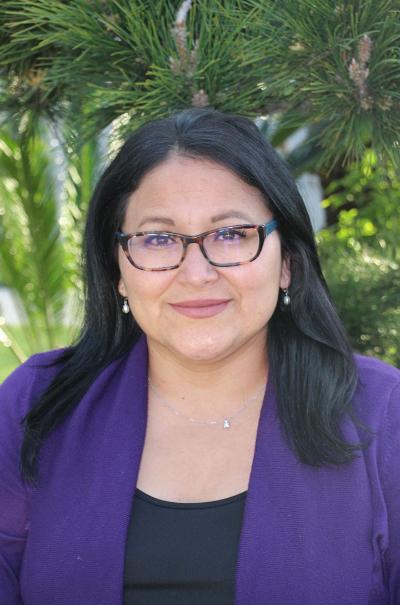
Silvia Salazar Rivera is the Associate Director of Latinx Support and Outreach at Crossroads School (K-12), where she leads initiatives to enhance the academic, social, and cultural experience of Latinx students and families, collaborating with various departments to promote diversity and inclusion. In addition, she advises and mentors students, organizes events celebrating Latinx culture, and serves as a resource on Latinx issues. She advocates for the needs of the Latinx community and helps foster a welcoming environment for all. She also advises and supports the Latinx student and family affinity groups on campus.
Silvia decided to enroll in LMU's Ed.D. Program because it aligned with her interests and passion for social justice and education. The program's focus on equity, inclusivity, and preparing education leaders to address systemic issues resonated deeply with her. Silvia knew LMU's program would provide her with the knowledge, skills, and support needed to make a meaningful impact in the field of education.
Silvia's dissertation, “Mamás Metidas: Empowering Latinx Spanish-Dominant Parents in Independent Schools Through Culturally Responsive School Leadership,” chaired by Ernesto Colin, Ph.D., explored the challenges faced by Spanish-dominant Latinx parents in engaging with their children's education in independent schools. Grounded in culturally responsive school leadership, the study identified strategies to enhance parent engagement, emphasizing the importance of language access, bilingual school contacts, and creating a sense of belonging. The research highlighted the transformative potential of culturally responsive practices in empowering Spanish-dominant parents and fostering a more inclusive school environment. This topic is of particular interest to Silvia, as it ties into her own identity as a Latina, an immigrant, and a first-generation student with a Spanish-dominant parent.
LMU’s Ed.D. Program has been transformative for Silvia, greatly supporting her personal and professional growth in education. The program deepened her understanding of social justice leadership and culturally responsive practices, providing her with a strong foundation to effect positive change in her school community. She also developed meaningful connections with professors who were valuable resources and mentors both personally and professionally. Their expertise, combined with the program’s supportive environment, further fueled her passion for educational leadership and equity.